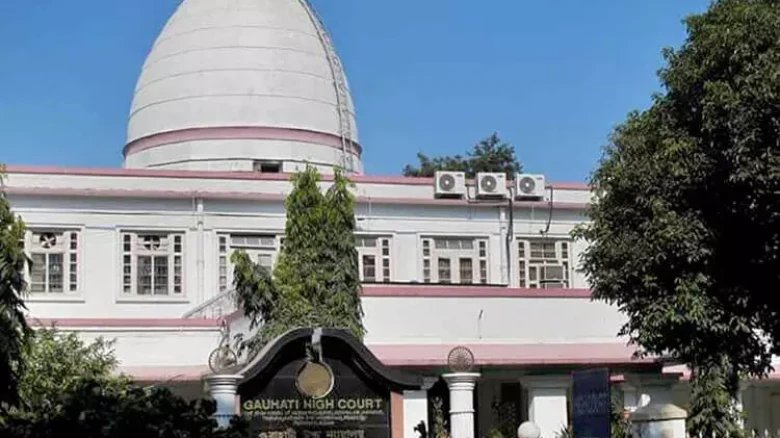The case is now listed on 1 February 2024 for further consideration of PETA India’s interim prayers.
Digital Desk: Following the Assam government’s decision to allow buffalo and bulbul bird fights, People for the Ethical Treatment of Animals (PETA) India filed petitions with the Gauhati High Court making the case for the cruel spectacles to be prohibited again. Today, the petitions were listed before Justice Manish Choudhury in the Gauhati High Court and detailed submissions were made by Senior Advocate, Mr. Diganta Das in support of PETA India’s prayer for urgent interim relief prohibiting buffalo and bulbul fights during the pendency of Court proceedings. The case is now listed on 1 February 2024 for further consideration of PETA India’s interim prayers.
PETA India’s petitions cite numerous violations of central law in the conduct of these events. As evidence, PETA India submitted investigations into these fights which reveal that terrified and severely injured buffaloes were forced to fight through beatings and that starved and intoxicated bulbuls were made to fight over food.
An investigation into a buffalo fight held in Ahatguri in the Morigaon district of Assam on 16 January revealed that to instigate buffaloes to fight, their owners slapped them, pushed and shoved them, jabbed and struck them with wooden sticks, and pulled them by their nose-ropes to force them to approach other buffaloes. When fights were underway, some owners and handlers jabbed the buffaloes with wooden sticks and whacked them with bare hands to upset them further. The buffaloes locked horns and fought, sustaining bloody wounds to their necks, ears, faces, and foreheads – many had injuries all over their body. The fights lasted until one of the two buffaloes broke away and fled.
Owners and handlers dragged buffaloes around using ropes threaded through their sensitive nostrils. Some buffaloes’ nostrils bled due to yanking, and many repeatedly licked their nostrils in an attempt to relieve the pain. No shade, water, or food was provided for the buffaloes during the fight, a violation of the standard operating procedures for buffalo fighting issued by the Government of Assam.
Some buffalo owners forced the animals to fight in the spectator stands while the official fights were held in the arena. These unsanctioned fights increase the risk of buffaloes injuring or trampling human spectators.
An investigation conducted into a bulbul bird fight held in Hajo in Assam on 15 January revealed that red-vented bulbuls – who are protected under Schedule II of the Wild Life (Protection) Act, 1972 – were illegally captured and incited, against their natural instincts, to fight over food.
It is reported that the birds are captured several days before the fight. Capturing protected wild birds is considered a form of hunting and is illegal.
The birds are reportedly commonly drugged with marijuana and fed other intoxicating herbs, bananas, black pepper, cloves, and cinnamon to agitate them, then they are starved for at least one night before the fight. During the fight, a piece of banana is dangled in front of the hungry birds, inciting them to attack each other. Each fight lasted approximately five to 10 minutes, and handlers forced exhausted birds to continue fighting by repeatedly blowing air on them.
“Buffaloes and bulbuls are gentle animals who feel pain and terror and don’t want to be forced into bloody fights in front of jeering crowds,” says PETA India Advocacy Associate Tushar Kol. “PETA India hopes the Gauhati High Court will recognise that this cruelty is a clear violation of central law and prohibit these violent fights.”
PETA India’s petition to the High Court points out that the buffalo and bulbul fights violate the Constitution of India; The Prevention of Cruelty to Animals Act, 1960; and judgments of the Hon’ble Supreme Court of India, including in Animal Welfare Board of India vs A Nagaraja. PETA India also notes that such fights are inherently cruel, cause immeasurable pain and suffering to the animals forced to participate, and contradict the tenets of ahimsa (non-violence) and compassion, which are integral to Indian culture and tradition. Allowing these events to continue is a regressive step that threatens to undo almost a decade of progress in human and animal rights.
PETA India – whose motto reads, in part, that “animals are not ours to use for entertainment or abuse in any other way” – opposes speciesism, a human-supremacist worldview.








Leave A Comment